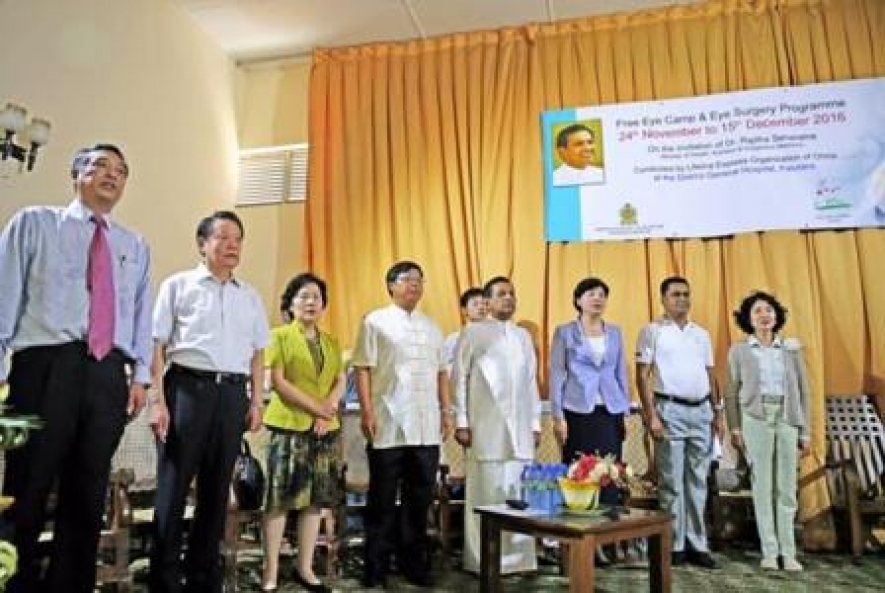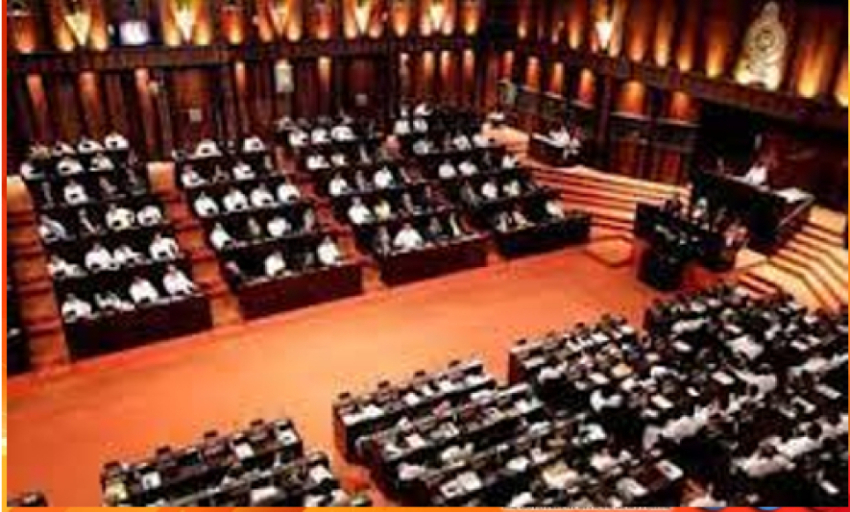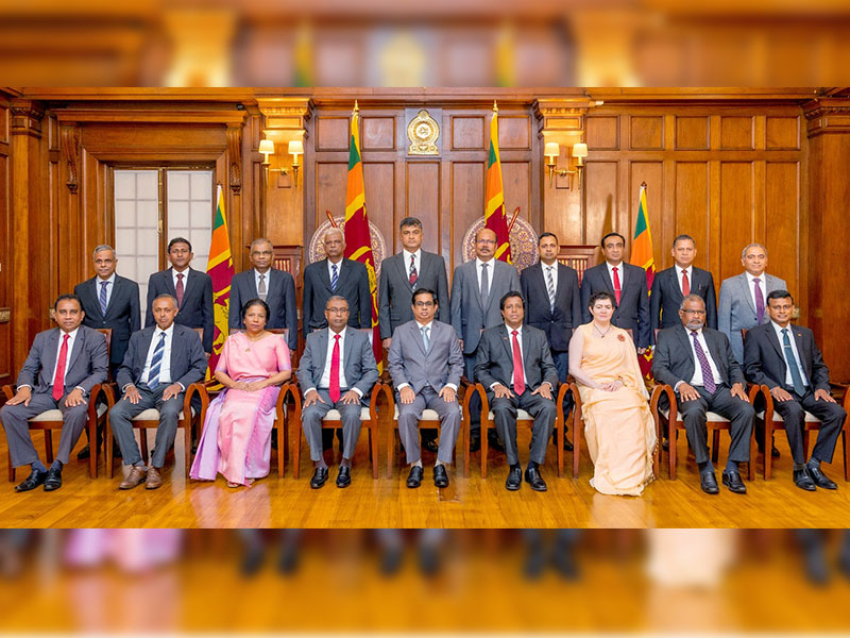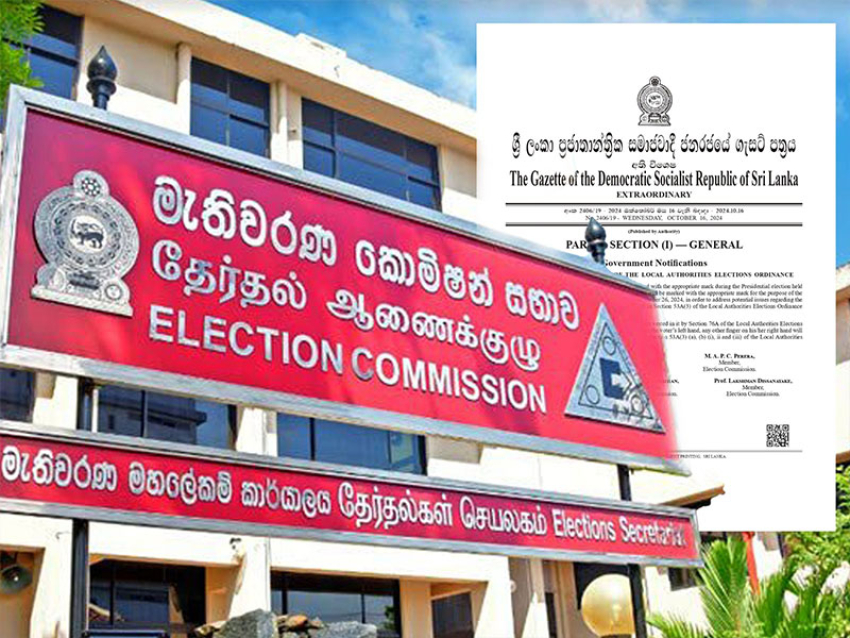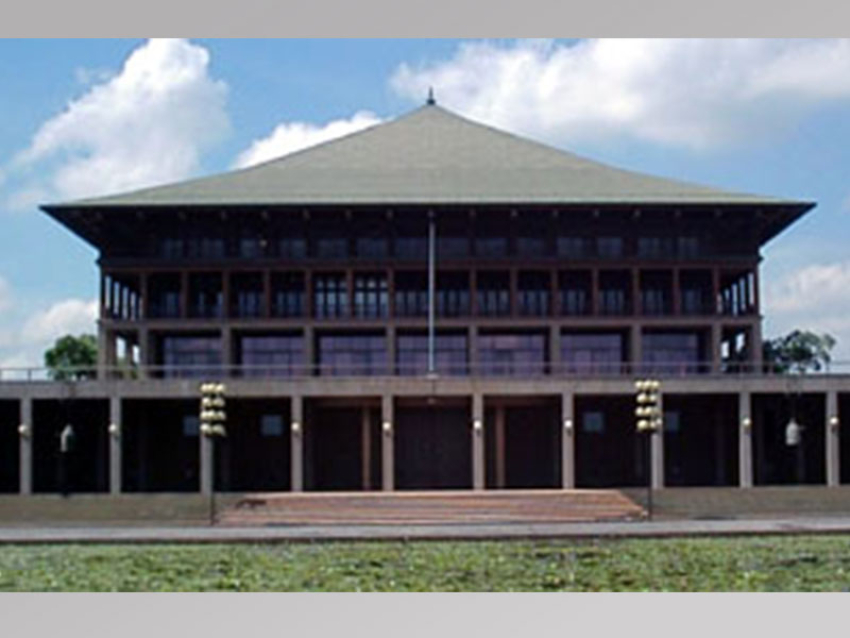Participating at the occasion, Dr. Rajitha Senaratne, the Health Minister of Sri Lanka expressed his gratitude to China’s long term support and assistance to Sri Lanka and further said the Brightness Action of Lifeline Express was another vivid embodiment of Sri Lanka-China’s friendship. The Sri lanka side was willing to enhance health sector cooperation under the framework of “One Belt One Road” for the benefits of both peoples.
Chinese Ambassador Yi Xianliang spoke highly of the China-Sri Lanka traditional friendship and the exchanges and cooperation between the two countries in the health sector, and appreciated the efforts by Lifeline Express Foundation to bring the ‘Brightness Action’ to Sri Lanka. China attaches great importance to the bilateral exchanges and cooperation in the health sector. Over half of China’s grant to Sri Lanka is in health area. The big projects such as Outpatient Department Building of National Hospital of Sri Lanka and the Hospital for Kidney Diseases aided by China are carrying out smoothly. The Chinese side looks forward to deepen the cooperation with Sri Lanka side to bring more tangible benefits to the two peoples.
The same day, after the morning cataract surgeries, Peking Union Medical College Hospital (PUMCH) Associate Professor Zhang Shunhua said that the medical team consists of eminent eye physicians from PUMCH with modern medical equipment and instruments arrived in Sri Lanka on 20 November and planed to implement 800 cataract surgeries for low-income Sri Lankans.
Founded in 1921, PUMCH is the most leading Chinese National Hospital enjoying high reputation for its full range of disciplines, cutting-edge technologies and outstanding specialties.
Lifeline Express is China’s one and only mobile eye train hospital specializing in charitable medical activities. In July 1997, in order to celebrate the return of Hong Kong (HK) to the Motherland, HK compatriots proposed an initiative to build and donate the first China Lifeline Express to provide sight rehabilitating operations for patients with cataract. Over 18 years, with the support and help from the governments of all levels , business and community institutions in HK, Macau and mainland China, four train hospitals have been developed curing more than 10000 poor patients with cataract every year.

